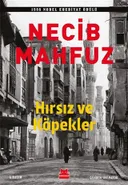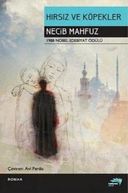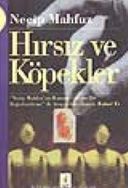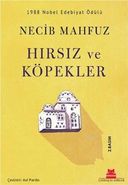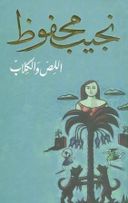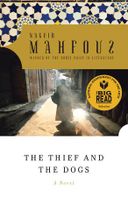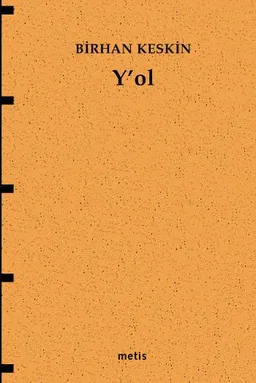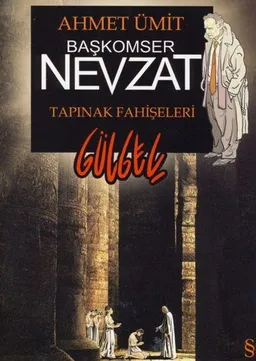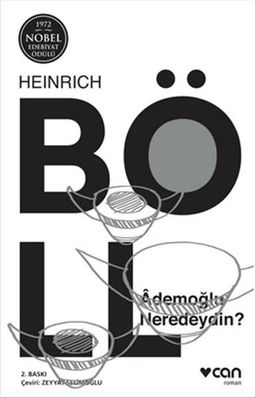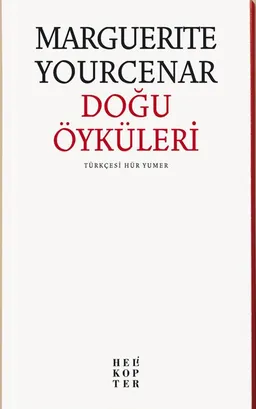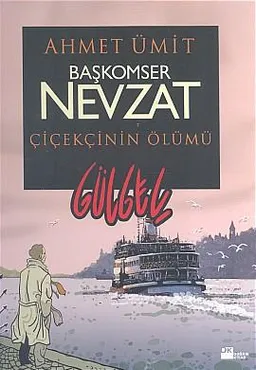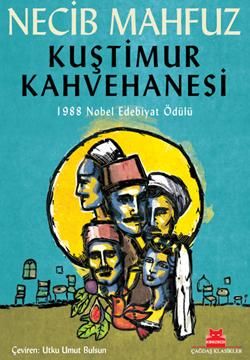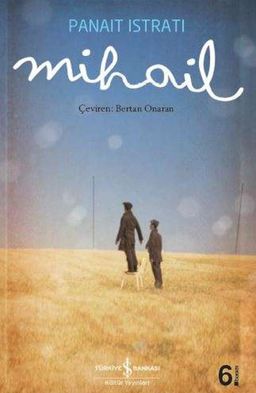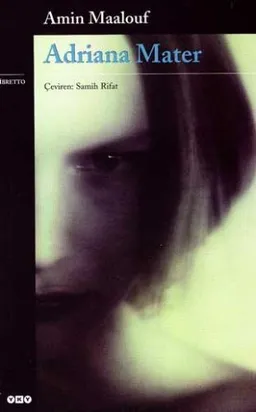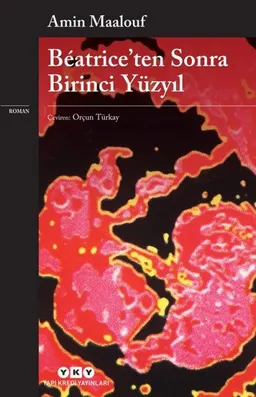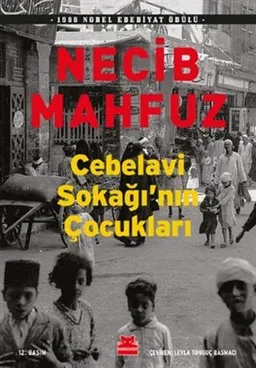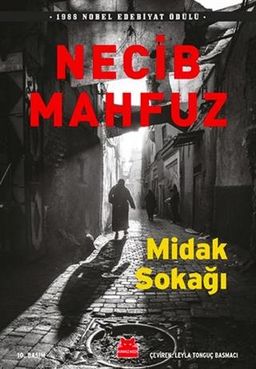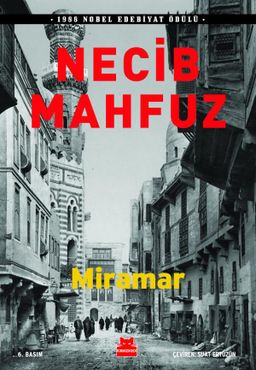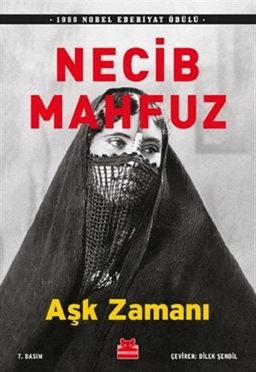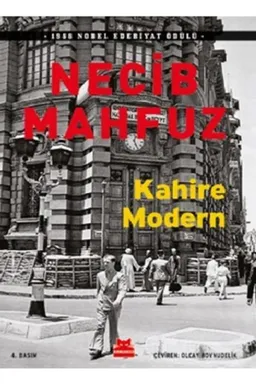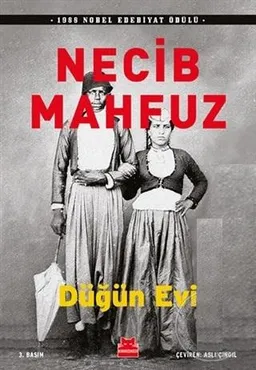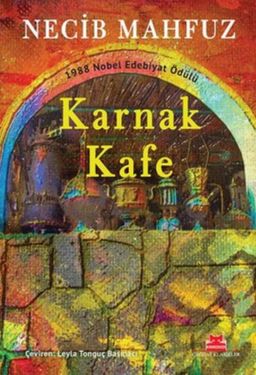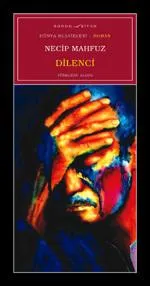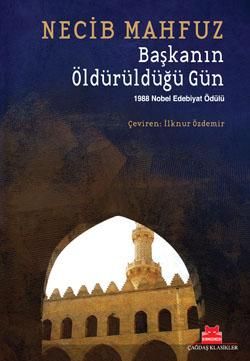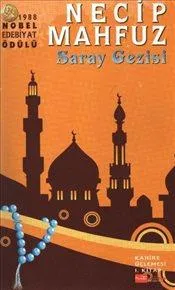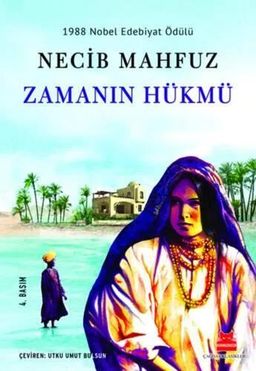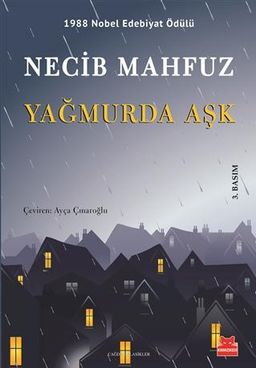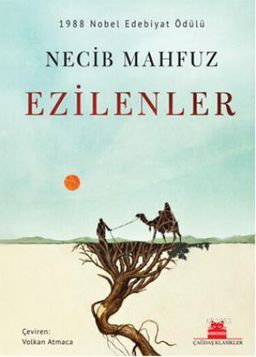The Thief and The Dogs
Necib MahfuzAbout The Thief and The Dogs
The Thief and The Dogs subject, statistics, prices and more here.About
Naguib Mahfouz's haunting novella of post-revolutionary Egypt combines a vivid pychological portrait of an anguished man with the suspense and rapid pace of a detective story.
After four years in prison, the skilled young thief Said Mahran emerges bent on revenge. He finds a world that has changed in more ways than one. Egypt has undergone a revolution and, on a more personal level, his beloved wife and his trusted henchman, who conspired to betray him to the police, are now married to each other and are keeping his six-year-old daughter from him. But in the most bitter betrayal, his mentor, Rauf Ilwan, once a firebrand revolutionary who convinced Said that stealing from the rich in a unjust society is an act of justice, is now himself a rich man, a respected newspaper editor who wants nothing to do with the disgraced Said. As Said's wild attempts to achieve his idea of justice badly misfire, he becomes a hunted man so driven by hatred that he can only recognize too late his last chance at redemption.
Author: Necib Mahfuz
Türler:
Estimated Reading Time: 4 hrs. 32 min.Page Number: 160Publication Date: 1989Publisher: AnchorISBN: 9780385264624Language: İngilizce
Other Editions
Hırsız ve Köpekler
516 okunmaKırmızı Kedi Yayınevi · July 2020 · 120 syf
Hırsız ve Köpekler
51 okunmaTurkuvaz Yayınları · May 2009 · 120 syf
Hırsız ve Köpekler
28 okunmaVadi Yayınları · · 153 syf
Hırsız ve Köpekler
23 okunmaKırmızı Kedi Yayınları · 2014 · 117 syf
اللص والكلاب
1 okunmaدار الشروق (Dar El Shorouk Publishing) · 2006 · 129 syf
The Thief and The Dogs
1 okunmaAnchor · 1989 · 160 syf
Book Statistics
All statistics
Statistics of this edition
Reader Profile of the Book
Kadın% 52.6
Erkek% 47.4
0-12 Yaş
13-17 Yaş
18-24 Yaş
25-34 Yaş
35-44 Yaş
45-54 Yaş
55-64 Yaş
65+ Yaş
About the Author
Necib MahfuzYazar · 48 books
This text has been automatically translated from Arabic. Show Original
Naguib Mahfouz, (Arabic: نجيب محفوظ) is an Egyptian writer (11 December 1911 - 30 August 2006), winner of the 1988 Nobel Prize in Literature. He is the first Muslim and only Arab writer to win the Nobel Prize. "The Balzac of the Middle East" It is known as. Hayat Mahfuz was born in the Gamaliye district of Cairo as the youngest child of a family with 6 children. Mahfuz, the son of a merchant, took his name from Professor Necib Pasha Mahfuz, who gave birth to him. During his 70-year career, he published 34 novels and more than 350 short stories. In most of his books, he describes his life in the historical neighborhoods of Cairo, where he spent his entire life and did not even leave to receive the Nobel Prize; He talked about ordinary people trying to establish a balance between modern and traditional life; Many of his books have been the subject of Arab movies.
His interest in literature began when he read the articles and poems of Mustafa Lutfi el-Manfuluti in the 1920s. Abbas Mahmud el-Akkad, Taha Hüseyin, İbrahim el-Mazini, M. Hüseyin Heykel are among the writers who were most influenced by him in his early period.
He started his writing career with the articles and stories he published in the magazine el-Mecelle el-Cedide, published by Selame Musa in 1928. Mahfuz, who studied philosophy at Cairo University, published his first novel, Abes el-Akdar, in 1939. He became a well-known name in Arabic literature with the Cairo Trilogy he wrote in 1957. In this trilogy, he told about the experiences of three generations of a family living in Cairo in the period between World War I and the Nasser coup in 1952, and the change of Egyptian society.
Mahfuz, who worked in various institutions, most recently served as undersecretary at the Ministry of Culture. After retiring from this position in 1971, he worked as a writer in al-Ahram newspaper.
His books were banned in many Arab countries due to his open support for Egyptian President Anwar Sadat in his peace treaty with Israel. These bans were lifted after he received the Nobel Prize in Literature in 1988.
Mahfuz, for whom a death fatwa was issued by Egyptian fundamentalist Omar Abdulrahman in 1989, was attacked with a knife in front of his house in Cairo in 1994. Mahfuz, who survived the attack injured, started to have great difficulty in writing because the nerves in his right arm were damaged, but despite his advanced age, he did not give up on literature and continued to write short stories.
In July 2006, he fell and injured his head. He passed away in Cairo on August 30, 2006, at the age of 95. Mahfouz suffered from ulcers, kidney and heart problems. He was sent off with a state ceremony in Cairo on 31 August 2006.
